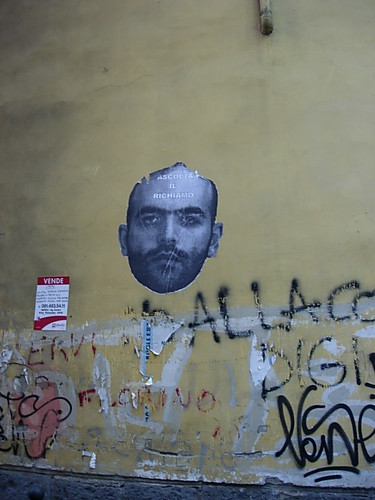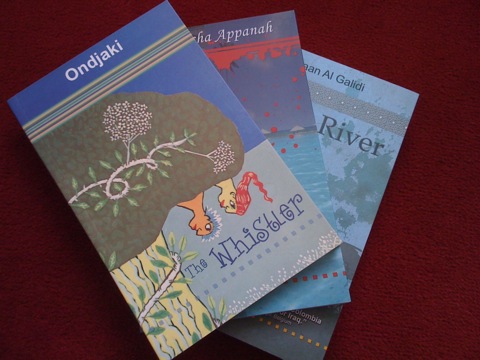Gomorrah: Italy’s Other Mafia is a journalistic account of organised crime in Naples; the title is a pun on Camorra, the name of the Neapolitan mafia. It’s an eye-opening, depressing book. The prose is occasionally a little purple for my taste, which I suspect is partly the translation. And I feel a bit petty criticising the prose style since Saviano risked his life to write it; he now lives under 24 hour police protection. I can only hope his bravery does some good, although the book makes the problem seem intractable.

I realised it would feature unpleasant people doing unpleasant things — I’m not a complete idiot, I saw Goodfellas — but I thought that the movies might tend to exaggerate it, since violence is so cinematic. But actually the brutality is genuinely shocking: there are page after page of murders and beatings.
As a young doctor in the 1980s my father had worked on an ambulance crew. Four hundred deaths a year. In areas with up to five murders a day. They’d pull up in the ambulance, the wounded on the ground, but if the police hadn’t arrived, they couldn’t load him onto the stretcher. Because if word got around, the killers would come back and track down the ambulance, stop it, climb in, and finish off the job. It had happened lots of times, so the doctors and nurses knew to stand by, to wait till the killers came back to complete the operation.
Also shocking is the sheer scale of their involvement not just in clearly illegal activities like drugs, people trafficking and gun running, but in superficially legitimate businesses: fashion, construction, waste disposal. I guess it makes sense; a willingness to ignore the law can be a great competitive advantage. It’s easier to make money from imported consumer goods if you don’t pay any import duties or taxes; from clothing if it’s made in an illegal sweatshop; from waste disposal if you don’t even try to dispose of toxic waste safely.
The Casalesi have distributed their good throughout the region. Just the real estate assets seized by the Naples DDA in the last few years amount to 750 million euros. The lists are frightening. In the Spartacus trial alone, 199 buildings, 52 pieces of property, 14 companies, 12 automobiles, and 3 boats were confiscated. Over the years, according to a 1996 trial, Schiavone and his trusted men have seen the seizure of assets worth 230 million euros: companies, villas, lands, buildings, and powerful automobiles, including the Jaguar in which Sandokan was found at the time of his first arrest. Confiscations that would have destroyed any company, losses that would have ruined any businessman, economic blows that would have capsized any firm. Anyone but the Casalesi cartel. Every time I read about the seizure of property, every time I see the lists of assets the DDA has confiscated from the bosses, I feel depressed and exhausted; everywhere I turn, everything sems to be theirs. Everything. Land, buffalos, farms, quarries, garages, dairies, hotels, and restaurants. A sort of Camorra omnipotence. I can’t see anything that doesn’t belong to them.
The details of life at street level, and the mechanics of things like the waste disposal trade, are the most interesting parts of it; some of the stuff where he is detailing the feuds between different groups is less gripping, just because it’s difficult trying to keep track of all the different names and the list of murders gets depressingly repetitive. But overall it is fascinating stuff and I certainly recommend it.
» Naples – Roberto Saviano, GOMORRA is © Chiara Marra.
The image is of Saviano’s face on a wall in Naples. According to Google Translate, ‘Ascolta il Richiamo’ means something like ‘heed the call’.



